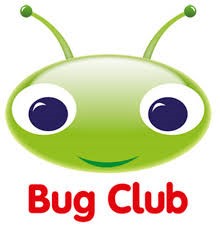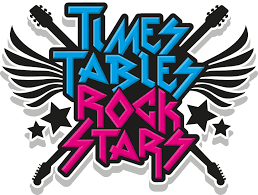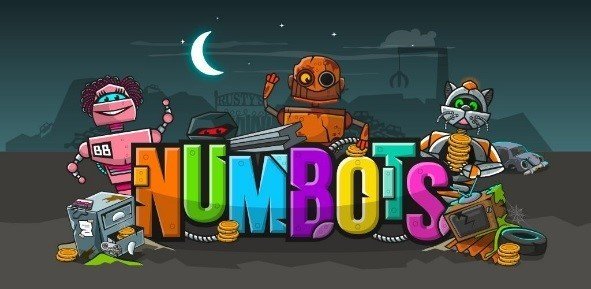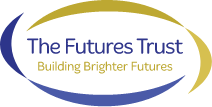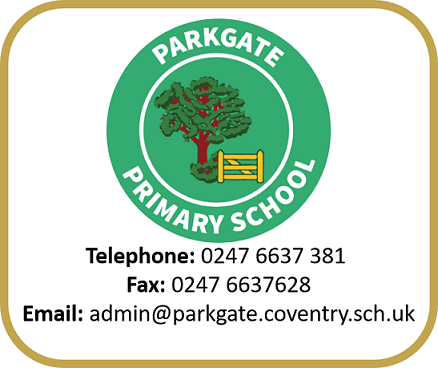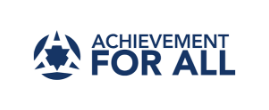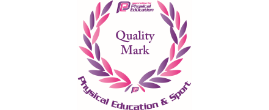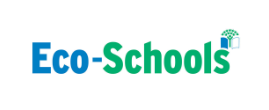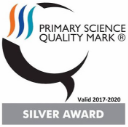Year 3
About Year 3
The Year 3 teachers within this team are Miss Bethany Lauder, Miss Jade Clews, Ms Karen Lewis and Miss Emily Iles.
These teachers work closely with Mrs Rajinder Sidhu and Miss Courtney Denousse.
On transition to the middle year’s team our pupils continue on their learning journey by moving from KS1 to KS2. Within a very supportive framework, the pace of work increases and the focus and expectation is for children to become increasingly more independent in their thinking, personal organisation and learning.
Punctuality
A good education gives a child the best possible start in life. We must ensure that all our pupils have an equal chance to make good use of the education that the school offers by providing a positive and encouraging atmosphere. To achieve this it is important that each child attends school regularly and punctually. When a child does not attend school regularly and on time they will have difficulty keeping up with their work and will therefore underachieve.
Meet the Teacher
Curriculum Overview
|
Year 3 |
Footprints from the Past (The Stone Age) |
Light and Shadow (shadow puppets, how light travels, shadows) |
The Wonders of the United Kingdom (counties of the UK, the west midlands, geography study, map work including ordnance survey) |
Awesome Egyptians |
|
Rocks and soils |
Light |
Animals including humans / Plants |
Forces and magnets |
Home Learning
Please continue to use the links below to support children with their learning.
|
School code: rbts |
|
Year 3 Trips and Events
This area will be updated as and when there are and Trips or Events.
A Gallery of Our Learning
Other Information
National Curriculum
For further information please click here.
The ‘basic’ school curriculum includes the ‘national curriculum’, as well as Religeous Education.
The national curriculum is a set of subjects and standards used by primary and secondary schools so children learn the same things. It covers what subjects are taught and the standards children should reach in each subject.
The national curriculum is organised into blocks of years called ‘key stages’ (KS). At the end of each key stage, the teacher will formally assess your child’s performance.
| Child’s age | Year | Key stage | Assessment |
|---|---|---|---|
| 3 to 4 | Early years | ||
| 4 to 5 | Reception | Early years | Teacher assessments (there’s also an optional assessment at the start of the year) |
| 5 to 6 | Year 1 | KS1 | Phonics screening check |
| 6 to 7 | Year 2 | KS1 | National tests and teacher assessments in English, maths and science |
| 7 to 8 | Year 3 | KS2 | |
| 8 to 9 | Year 4 | KS2 | |
| 9 to 10 | Year 5 | KS2 | |
| 10 to 11 | Year 6 | KS2 | National tests and teacher assessments in English and maths, and teacher assessments in science |

